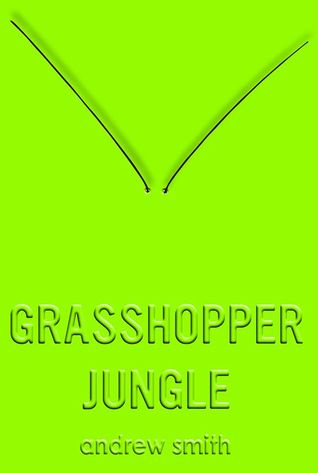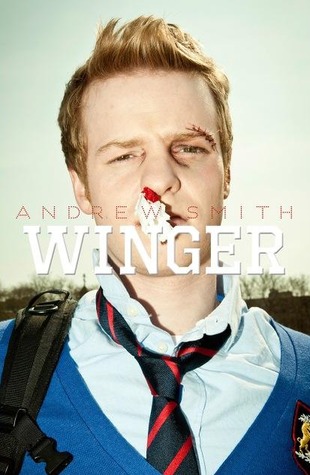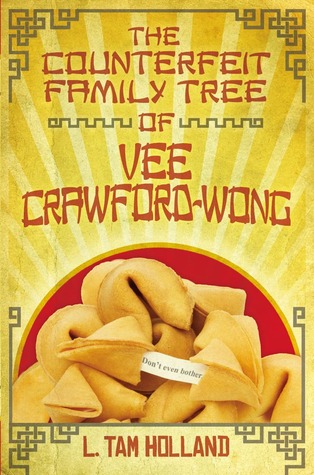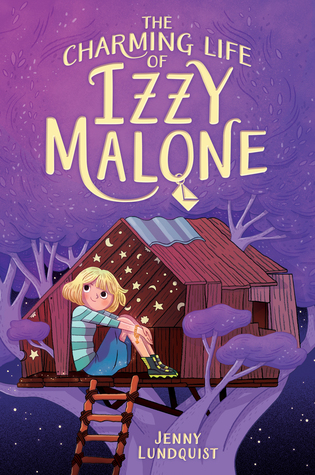Dorrie Barnes had no idea an overdue library book would change her life. When Dorrie and her brother Marcus chase her pet mongoose into the janitor's closet of their local library, they accidentally fall through a passage into Petrarch's Library -the headquarters of a secret society of ninja librarians who have an important mission: protect those whose words have gotten them into trouble. Anywhere in the world and at any time in history.
Dorrie would love nothing more than to join the society. But when a traitor surfaces, she and her friends are the prime suspects. Can they clear their names before the only passage back to the twenty-first century closes forever?
Dorrie is eager to do well at her practicums, and prove her worth as an apprentice, but before she can choose between "Spears, Axes, and Cats: Throwing Objects with Precision and Flair” and "First and Last Aid: When No One Else Is Coming", mistakes made by Dorrie in the past cause trouble for the lybrarians.
The Foundation, once nearly destroyed by the Lybrariad, now has the means to rise from its ashes, and disappear reading and writing from the world. To make sure it succeeds, the Foundation sets in motion a dark plan to increase the power of a cruel figure from the fifteenth century.
To stop the Foundation, Dorrie, Marcus and Ebba will have to burglarize Aristotle, gather information among the suffragists and anti-suffragists of 1912 London, and risk their lives to wrest a powerful weapon out of the Foundation's hands - all while upholding the Lybrariad's first principle of protecting all writing, appreciated or despised. If they fail, reading and writing will only be the first things to disappear.
What do you love most about libraries? About librarians?
Well let’s start with the pure metamorphic magic of the situation! Libraries LOOK tame and demure, but that’s merely a clever disguise, twitched around the wild world of imagination and possibility. What is a library but shelf upon shelf, aisle upon aisle of these largely unremarkable rectangular cuboids we call books? The physical ingredients are prosaic: some variant of ink and paper. Orderliness and findability, not artfulness, dictate their arrangement. But each book is an un-popped kernel of corn, a sleeping giant, a nuclear reactor with ingredients still in separate containers a pile of kindling arranged to become a flaming bonfire before the right eyes. Books defy their dimensions, containing vast emotional and physical landscapes, epic battles, hearts stretched to the breaking point, and fresh vistas at every towering mountain pass, and hellish gate. I have to love a place that can hold all that alchemical energy!
Another thing I love about libraries in their ideal form is that they can act as potent bulwarks against self-deception and limited perspective. A library encourages both imagination and humility. Humility is such an important counterweight to arrogance when the project is to develop knowledge. Without humility, the knowledge development process stalls. In a library we have the chance to test our most cherished assumptions about the way the world works, or might best work through books that challenge our original points of view. In librarians, we have people who privilege the availability of different viewpoints to the public, over the option to shape a collection according to that librarian’s favored opinions.
Speaking of alchemical energy, I love The Ninja Librarians series. Where did the concept come from, and what has been the most rewarding part of writing the series?
Thank you! So glad you’re enjoying. The concept had some of its roots in my view of librarians as quiet (and sometimes not so quiet!) heroes because of their role in ensuring and protecting free access to information, and a basic belief among many librarians that people need free access to and not protection from ideas. The rewards have been numerous! I love history, and writing the books have so far given me an excuse and reason to focus on learning more about ancient Greece, medieval Timbuktu, and 1910s England. Even more lusciously, I’ve had a chance to roam historical archives in search of figures from past centuries such as Cyrano de Bergerac and Hypatia of Alexandria, whose recorded actions and attitudes indicate that IF the Lybrariad existed, they might have joined! The third wonderfully satisfying part of Ninja Librarian-ing has been the fun of creating the purely fantastical time-port headquarters of “Petrarch’s Library” with its sumptuous maze of interconnected rooms, and imagining the fun I would have had in it as a kid!
I would have had fun in it too! What is something you wished you'd known when you started your writing career?
I wish I’d known that I wasn’t really ready to submit to agents when I did. I got extremely lucky in that my agent was building her list at the time, and truly liked something about the voice in the manuscript, and was willing to help me develop it further, but I could have wasted a lot of agent queries with my half-baked manuscript. So, writers, take your time! When you are sure its really ready to send, that’s the time to put it into the hands of a trusted critique partner, and get another round of feedback, both from the critique partner and from your own self once you’ve been away from it for at least a few weeks.
I don’t know if the second thing I want to talk about is so much a matter of wishing that I’d “known” a particular thing as wishing that I’d been CAPABLE of doing a few things differently. For instance, I “knew” better than to get caught up in a fantasy that my first book (a fantasy! : ) would be an instant blockbuster success, but I indulged in it nonetheless. It made me very jittery in the six months following publication, and it was difficult to put it out of my head, and focus my energies on writing my next book. I wasted countless hours keeping tabs on Goodreads reviews and Amazon ratings, and scanning for new reviews…looking to the literary establishment for a version of writerly salvation — If the book became wildly popular, I’ll have “got there” and THEN I could relax, be productive, or some such nonsense. Understandable nonsense, but nonsense all the same.
So writers, attend to your writing. Do your writing in such a way that it continues to bring you joy, and allows you to PLAY, no matter where you are in terms of engaging in writing as a profession. It’s easy to get caught up in the feeling that on the brink of publication one is holding a lottery ticket, and that its very important to stare at the television in case your number is called. Fuggheduboudit! Really. Try. With all your might. Once your book is out there. To. FUGGHEDUBOUDIT! Instead, start a meaningful relationship with your next book’s characters and plot and place and point. Go THERE.
Sage advice for writers at all levels! What are some of your current projects?
In my office, I have three project piles on my desk, and a whole lot of index-card covered boards standing around like drunken soldiers. Two of the projects are MG novels (The 3rd Ninja Librarians book & a story about a kid who can’t make up her mind to save her life, until she has to save somebody else’s). The third project is a YA about a sixteen-year girl in a fantastical past who is an excellent nanny and an even better thief. Just when she’s saved up enough money to abandon her uh... more lucrative ”trade” and enroll in the local University for Wannabe Scryers, her plans are dashed to dangerous pieces. The Queen’s Intelligence Service gives her a choice: Help the Perimeter Security Office solve a pressing mystery in the distant Witch Meadows that endangers all of Aaachenland, or be thrown to the council court-worms. She opts to live. What she finds out in the Witch Meadows will challenge everything she thinks she knows about how scryence is practiced, and how the world works. If she survives, she might just become a powerful Scryer after all.
Buy: BookPassage ~ Amazon.com ~ Barnes & Noble ~ IndieBound
Buy: BookPassage ~ Amazon.com ~ Barnes & Noble ~ IndieBound
This post can also be viewed here.
















